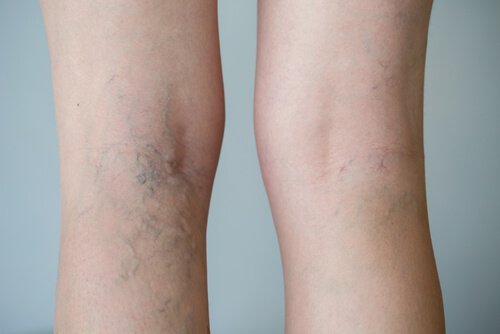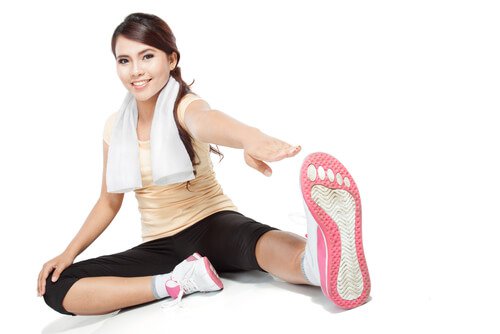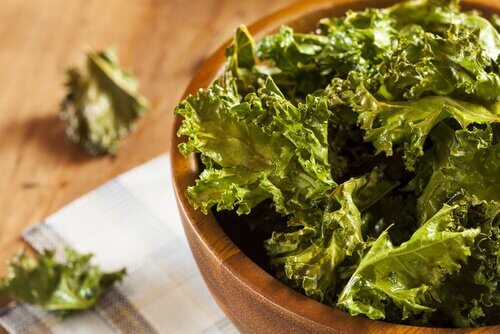Strengthen Your Veins to Prevent Varicose Veins


Reviewed and approved by Doctor Carlos Fabián Avila
Your veins are the pipelines that carry blood throughout your blood, collecting waste products that are then filtered by your liver. Having strong, elastic veins is essential to good circulation and overall health. But over the years, veins tend to weaken and harden, which can be problematic. That’s why it’s very important to strengthen your veins.
Aging is a major cause of vein problems. Other factors that can cause them are leading a sedentary lifestyle, eating foods that are high in fat, keeping bad habits like smoking, and nutrient deficiencies.
Varicose veins
The veins in the lower part of your body have more work to do than those in other areas. This is thanks to the effect of gravity, which makes it more difficult to move blood from your feet to your heart.
Your lower extremities also bear the weight of your body, and that influences how well your blood moves through the veins.

When blood pools in the veins of your lower extremities, they can become inflamed and form nodules that create the unsightly appearance of varicose veins.
Varicose veins are characterized by a bluish appearance and swollen areas in the legs. These infamous veins result in an unpleasant appearance and can also be painful.
Beyond the cosmetic issues, they directly affect your health because the surrounding tissues become impacted by the accumulation of toxins, which can cause ulcers to form if left untreated.
As if that weren’t enough, continued problems with blood circulation can lead to serious cardiovascular health problems.
Exercises to strengthen your veins

Among the most recommended exercises are:
- Gymnastics
- Swimming
- Biking
- Spinning classes
- Yoga
- Walking
Another option is to do a 20-minute workout that includes weight lifting and leg stretches. These localized exercises are ideal to strengthen your veins.
End your workout by doing 20 leg lifts on each side.
We also recommend:
Diet
What you eat also plays an important role in the health of your veins, which require certain nutrients to stay strong and elastic.
You should increase your intake of foods that are rich in omega-3 fatty acids, such as oily fish and seeds. Try to base your diet on fruits and vegetables, adding amino acids from products like brewer’s yeast and soy.
Juice to strengthen your veins

Ingredients
- 1 stick of celery
- 2 tomatoes
- 1 clove of garlic
- A slice of onion
- 1 1/2 cup of aloe vera gel (300 ml)
- One teaspoon of spirulina (5 g)
Preparation
Add all the ingredients to your blender and puree them for a few minutes. Drink this juice on an empty stomach.
Also read:
Home remedy

Flatten each leaf with a rolling pin and apply them to the areas that are affected by varicose veins. Leave it on for a few hours, or overnight.
It’s important to recognize that treating varicose veins at home won’t give you immediate results, and requires a modification of your lifestyle and habits.
Having better nutrition, getting regular exercise and remembering these simple tips can help reduce the problem. But in the most severe cases, medical intervention is necessary.
All cited sources were thoroughly reviewed by our team to ensure their quality, reliability, currency, and validity. The bibliography of this article was considered reliable and of academic or scientific accuracy.
- Arora, M. (2017). Management of varicose veins. JK Science. https://doi.org/10.1080/00325481.1957.11691434
- Melet, J. J. (1981). The importance of nutrition among the risk factors in varicose veins. Phlebologie.
This text is provided for informational purposes only and does not replace consultation with a professional. If in doubt, consult your specialist.








